On March 31, 2023, Huawei held the launch event for its 2022 Annual Report, revealing the company's performance for the year 2022. Huawei's rotating chairman, Xu Zhijun, also addressed multiple questions, including the development of China's semiconductor industry.
Xu Zhijun stated that the chip sector has been the hottest topic in recent years, and the Chinese semiconductor industry has been continuously sanctioned. However, the Chinese semiconductor industry will not sit idly by and will strive for self-improvement.
"In the past few years, what we have seen is the Chinese semiconductor industry being sanctioned, sanctioned, and sanctioned again. But the Chinese chip industry will not sit idly by... It will strive for self-reliance and self-improvement," said Huawei's rotating chairman Xu Zhijun at the press conference following the company's annual revenue release.
"Huawei will support all efforts for the Chinese chip industry to be self-reliant. The Chinese chip industry will truly achieve self-reliance under sanctions," Xu added.
Xu recently stated that Huawei and its partners have jointly developed electronic design automation (EDA) tools for 14-nanometer chip technology—an essential software for designing chips. This will be a breakthrough for China's chip industry, as EDA tools, especially for advanced chips, are dominated by American companies such as Synopsys and Cadence Design Systems.
"The progress of [EDA tools] is not significant to Huawei's business, but it means that Chinese chip companies can use this domestic software to design domestic chips," said Xu.
Xu said that Huawei initiated a "Plan B" as early as 2012 to replace and redesign components and printed circuit boards to ensure the continuity of the supply chain as a backup plan. Huawei's founder, Ren Zhengfei, recently stated that Huawei has redesigned 13,000 components and 4,000 circuit boards.
"We will continue to commit to the continuity of the supply chain. We hope that our products will not depend on a single country or a single supplier, and [we] can continue to produce even in very challenging situations," he said.
Xu said that the company has "basically completed" the replacement or redesign of components and printed circuit boards.
The rotating chairman stated that due to U.S. export controls, Huawei can only produce and sell smartphones that support 4G. "If you want to buy a Huawei 5G smartphone, you need to wait for the United States to approve us. If they give us approval, we can definitely make 5G smartphones, and they will be affordable."Huawei's Net Profit Plummets, R&D Investment Reaches New Heights
Huawei released its annual report for 2022 today, showing that the company's overall operations were stable, achieving global sales revenue of 642.3 billion yuan, with a net profit of 35.6 billion yuan. Looking to the future, Huawei continues to increase its investment in research and development, with R&D investment reaching 161.5 billion yuan in 2022, accounting for 25.1% of the annual revenue. The cumulative R&D investment over the past decade has exceeded 977.3 billion yuan.
Rotating Chairman Xu Zhijun said, "Looking back at 2022, the severe external environment and non-market factors continued to impact the company's operations. Amidst the storm, we continued to run, striving to ensure business continuity and support for our customers; we also worked hard to produce more 'grain,' enabling us to not only survive but also lay the foundation for future development."
Chief Financial Officer Meng Wanzhou said, "In 2022, operations still faced significant pressure, but overall, the business performance met expectations. At the end of 2022, Huawei's debt-to-asset ratio was 58.9%, with a net cash balance of 176.3 billion yuan. In the nearly trillion-yuan total asset scale, high-liquidity assets such as cash, short-term investments, and operating assets constituted the main part of the assets, maintaining a robust financial condition with strong resilience and flexibility. In 2022, the total R&D expenditure was 161.5 billion yuan, with an R&D expense rate of 25.1%, at a historical high. Looking to the future, we have pressure, but even more confidence!"
In 2022, Huawei achieved sales revenue of 284 billion yuan in the carrier business sector, 133.2 billion yuan in the enterprise business, and 214.5 billion yuan in the terminal business.
Xu Zhijun emphasized, "2023 is a crucial year for Huawei's survival and development. Today's Huawei is like a plum blossom, which exudes fragrance because it has experienced the tempering of severe cold. The pressure we face is undoubtedly huge, but we also have growth opportunities, industrial portfolio resilience, differentiated advantages, and the trust of customers and partners, and we dare to invest heavily. Therefore, we are confident in overcoming difficulties and achieving sustainable survival and development."
Ren Zhengfei reiterated "Huawei does not make cars," with a validity period of 5 years.
According to exclusive information from 36Kr, Huawei once again issued a decision announcement regarding its automotive business. The announcement, signed by Huawei's founder and chairman Ren Zhengfei, once again emphasized "Huawei does not make cars," with a "validity period of 5 years." In addition, Ren Zhengfei also put forward strict requirements for the display of the Huawei logo in car design.
"Emphasize that Huawei/HUAWEI cannot be used in the whole vehicle promotion and appearance." Insiders told 36Kr, and pointed out that "cannot use 'Huawei AITO', 'HUAWEI AITO'."
After the car market entered intense competition this year, in order to capture more market share, the AITO model's binding with Huawei has also deepened.Especially on March 8th, in the promotional phrases on social channels, the original "AITO Ask the World" was changed to "HUAWEI Ask the World". This is considered to be a signal that Huawei is further leading the development of AITO cars. Ren Zhengfei's signature announcement undoubtedly once again shows Huawei's position in the automotive business.
Huawei's deputy chairman and rotating chairman Xu Zhijun said in response to reporters' questions that the term "Huawei car" on the market is an abuse of the Huawei brand by some departments and individuals. Huawei will ensure that the Huawei brand is not abused in the future.
Xu Zhijun emphasized that Huawei does not make cars and there is no "Huawei car". Huawei will clean up and rectify all flagship stores and authorized stores, and return to Huawei's strategy and positioning. He said that the resolution of Huawei not making cars has just been re-released, and the validity period is five years, which is the second time Huawei has issued such a resolution. "The validity period of this document is only five years, because the validity period of all Huawei documents is at most five years. Xu Zhijun said, "Huawei does not make cars, but helps companies make good cars and be an incremental parts supplier."
Meng Wanzhou takes office as Huawei's rotating chairman
After the annual performance of Huawei was announced at its headquarters in Shenzhen, China, on Friday, Meng Wanzhou will take office as the rotating chairman of the company for a six-month term.
After returning to the country, Meng Wanzhou's status has been continuously rising, marking a reversal of fate for this Huawei executive. She has spent nearly three years in Vancouver, fighting against the United States' extradition request, which is based on fraud charges against her, related to Huawei's alleged violation of U.S. sanctions against Iran. In the end, after a critical operation between China and Canada, Meng Wanzhou was released and returned to the country.
When Meng Wanzhou took the helm of Huawei, the company was accelerating the replacement of foreign technology, expanding new business lines, and developing its own supply chain after years of restrictions from the United States.
After returning to China at the end of 2021, Meng Wanzhou is still responsible for managing Huawei's finances, delivering speeches at internal mobilization meetings, and representing Huawei in activities across China.
In February of this year, at an award ceremony held in a Huawei Chinese park, Meng Wanzhou appeared with five other Huawei executives in a banquet hall decorated with crystal chandeliers, including her father, Huawei CEO Ren Zhengfei. At that time, some men walked on stage with flags, and Huawei employees sitting below the stage occasionally shouted slogans.
Meng Wanzhou expressed her gratitude to Huawei employees for developing new tools without relying on Western technology. She said that Huawei's R&D practices are "like a pearl".Meng Wanzhou said: "Nowadays, the company, through the series connection of assembly lines, shines with a brilliant light."
With the increase in domestic fame, Meng Wanzhou's global role has gradually faded: she no longer travels around the world to meet with heads of state and Huawei customers from all directions. Ren Zhengfei, 78 years old, is still the most powerful figure in Huawei and is the only person with veto power inside this unlisted company.
Ren Zhengfei has warned that Huawei is still fighting for survival. Huawei's once dominant smartphone business has been greatly reduced, and if the Biden administration continues to advance its ongoing consideration of further technological restrictions, including revoking the licenses for American companies to sell products to Huawei, then Huawei's efforts to enter new business fields will become more urgent.
A spokesperson for Huawei said that Meng Wanzhou will serve as the rotating chairman for a period of six months. Two other Huawei executives share the position of rotating chairman with Meng Wanzhou.
Meng Wanzhou said that Huawei has encountered unprecedented challenges, and the company has been trying to attract world-class talents to overcome the restrictions of the United States on Huawei's access to foreign technology.
Meng Wanzhou said that this down-to-earth spirit of struggle is never outdated.
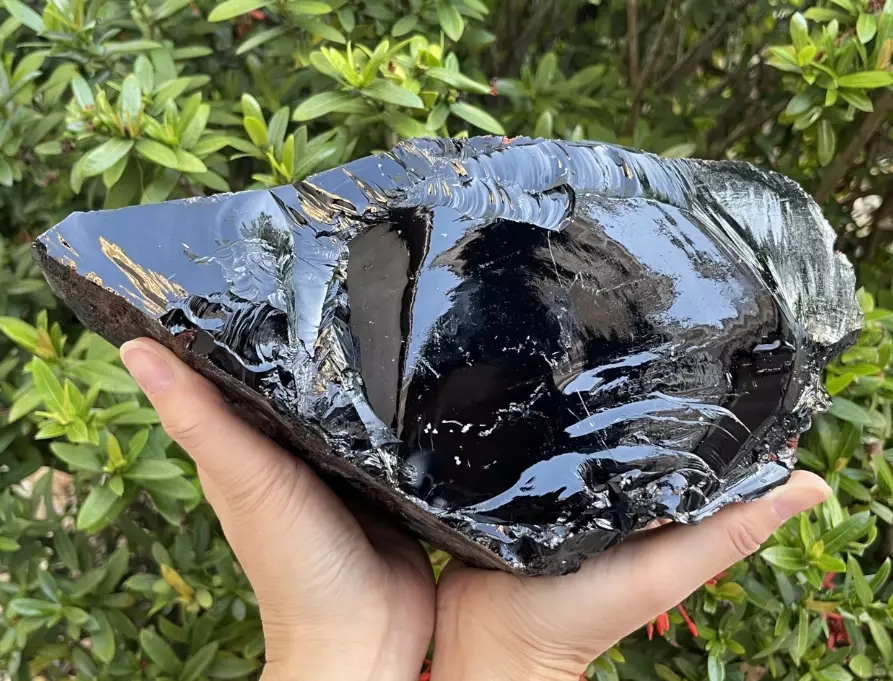
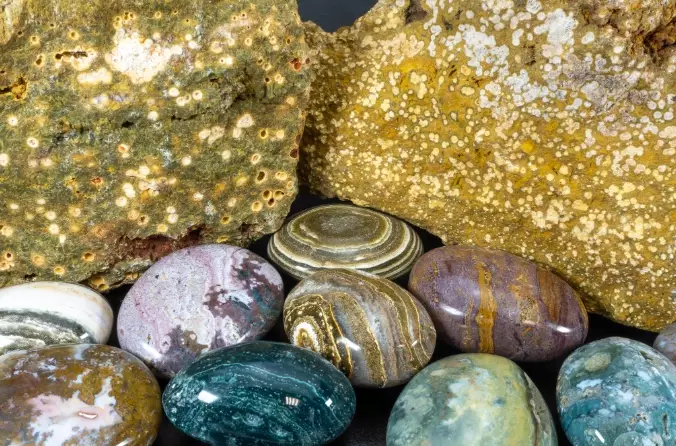
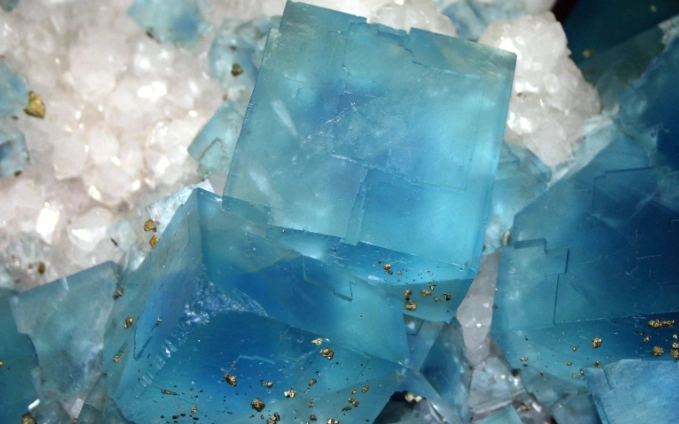
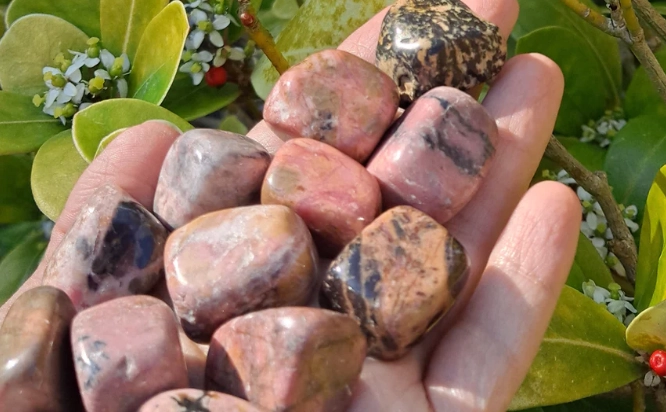


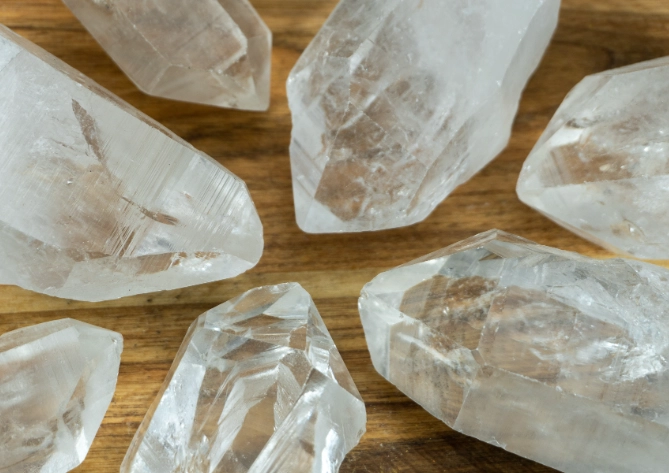


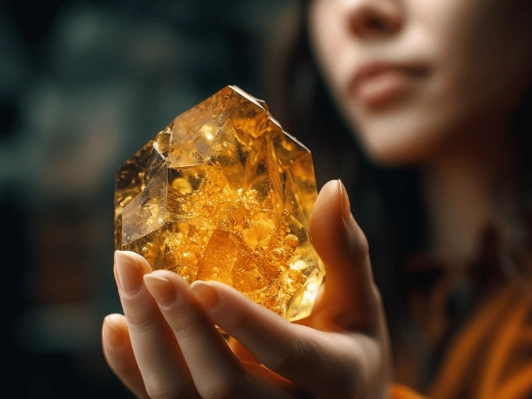
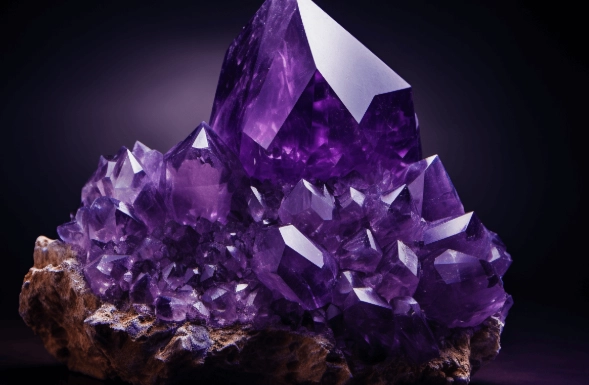


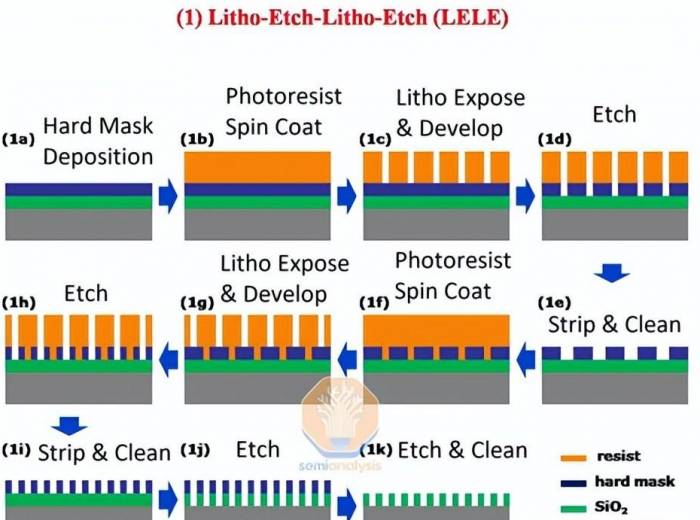


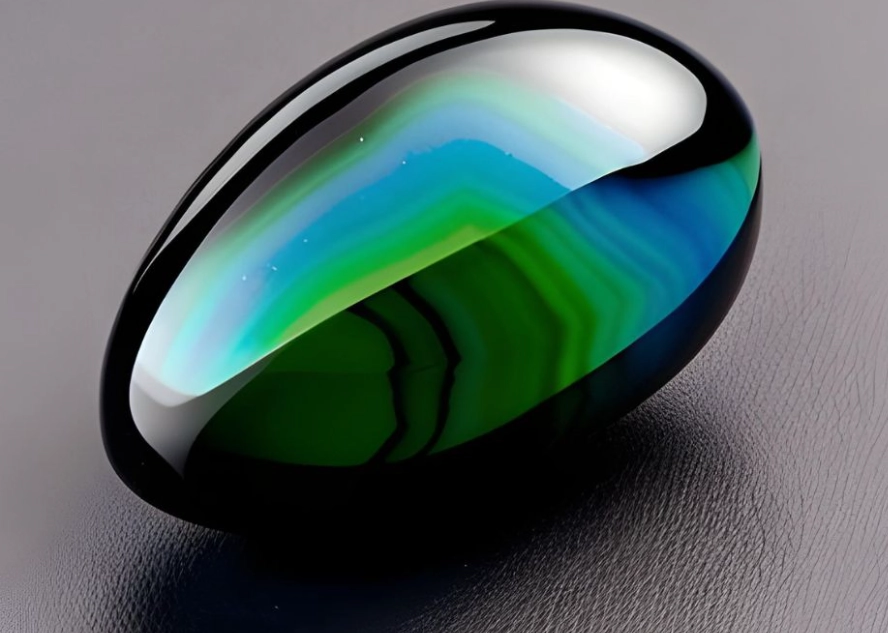




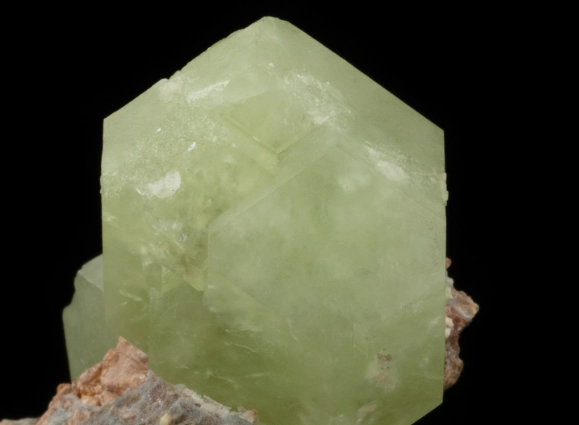

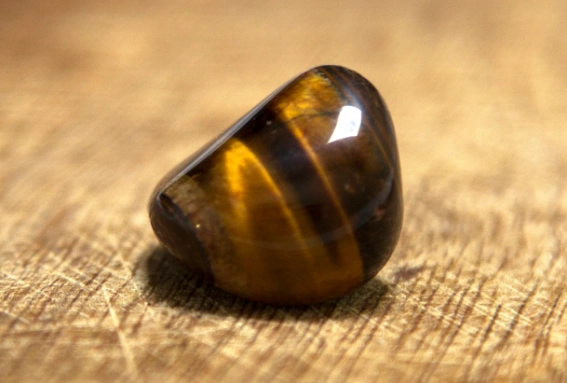
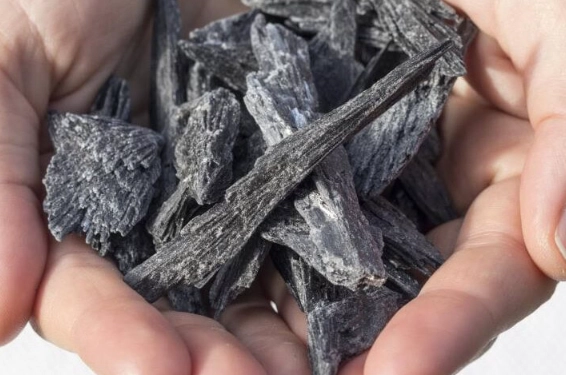
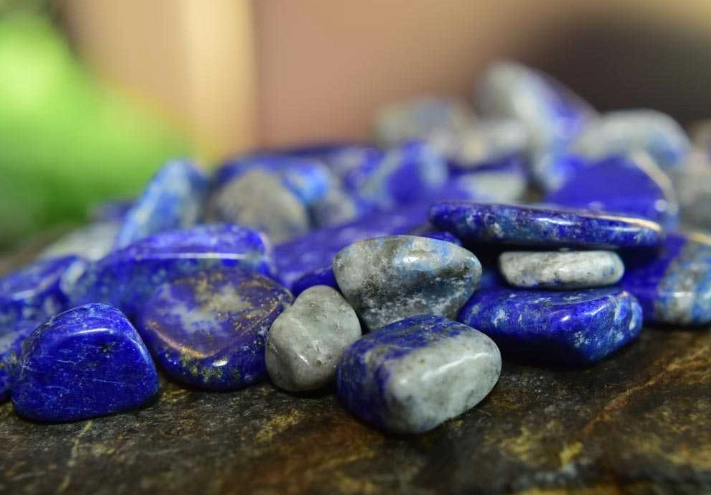


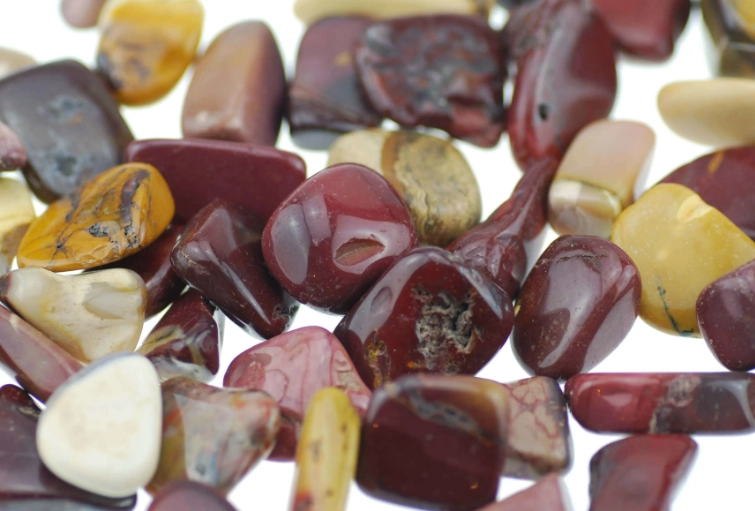
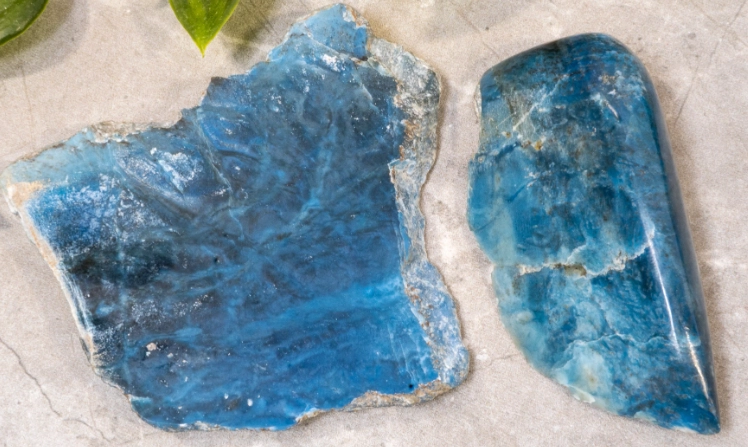
Comments